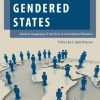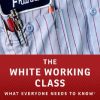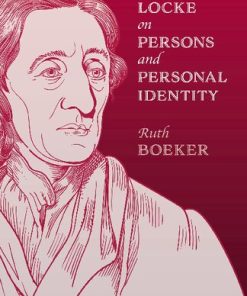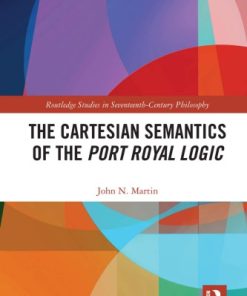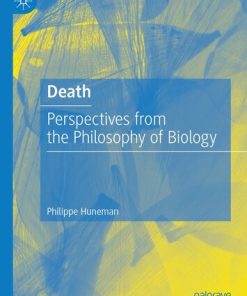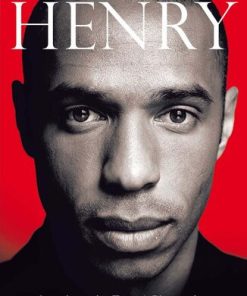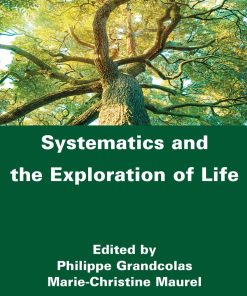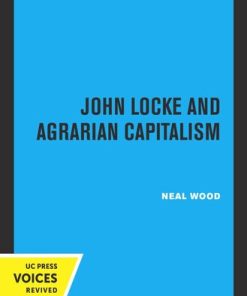Locke and Cartesian Philosophy Philippe Hamou
$50.00 Original price was: $50.00.$25.00Current price is: $25.00.
Locke and Cartesian Philosophy – Ebook Instant Download/Delivery ISBN(s): 9780198815037,0198815034,9780192546647, 0192546643
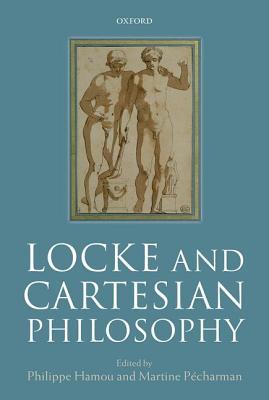
Product detail:
- ISBN 10: 0192546643
- ISBN 13: 9780192546647
- Author: Philippe Hamou, Martine Pécharman
This volume presents twelve original essays, by an international team of scholars, on the relation of John Locke’s thought to Descartes and to Cartesian philosophers such as Malebranche, Clauberg, and the Port-Royal authors. The essays, preceded by a substantial introduction, cover a large variety of topics from natural philosophy to religion, philosophy of mind and body, metaphysics and epistemology. The volume shows that in Locke’s complex relationship to Descartes and Cartesianism, stark opposition and subtle ‘family resemblances’ are tightly intertwined. Since the turn of the twentieth century, the theory of knowledge has been the main comparative focus. According to an influential historiographical conception, Descartes and Locke form together the spearhead in the ‘epistemological turn’ of early modern philosophy. In bringing together the contributions to this volume, the editors advocate for a shift of emphasis. A full comparison of Locke’s and Descartes’s positions should cover not only their theories of knowledge, but also their views on natural philosophy, metaphysics, and religion. Their conflicting claims on issues such as cosmic organization, the qualities and nature of bodies, the substance of the soul, and God’s government of the world, are of interest not only in their own right, to take the full measure of Locke’s complex relation to Descartes, but also as they allow a better understanding of the continuing epistemological debate between the philosophical heirs of these thinkers.
Table of contents:
- 1. Locke and Descartes: The Initial Exposure, 1658–1671
- 2. Locke and Cartesian Cosmology
- 3. The Cartesian Element in Locke’s Anti-Cartesian Conception of Body
- 4. Are Body and Extension the Same Thing? Locke versus Descartes (versus More)
- 5. Modes and Composite Material Things According to Descartes and Locke
- 6. Virtual Existence of Ideas and Real Existence: Locke’s Anti-Cartesian Ontology
- 7. Locke and Descartes on Selves and Thinking SubstancesPhilippe Hamou
- 8. Locke and Descartes on Free Will: The Limits of an Antinomy
- 9. Essential Religiosity in Descartes and Locke
- 10. Locke and Port-Royal on Affirmation, Negation, and Other Postures of the Mind
- 11. Cartesian Logic and Locke’s Critique of Maxims
- 12. Locke and MalebrancheIntelligibility and Empiricism
People also search:
You may also like…
Politics & Philosophy - Anthropology
Locke on Persons and Personal Identity 1st edition by Ruth Boeker 0192585967 9780192585967
Business & Economics - Others
Pragmatism and Organization Studies 1st edition by Philippe Lorino 0192514981 9780192514981
Politics & Philosophy
Biography & Autobiography - Sports & Adventure Biography
Romance - Contemporary Romance


